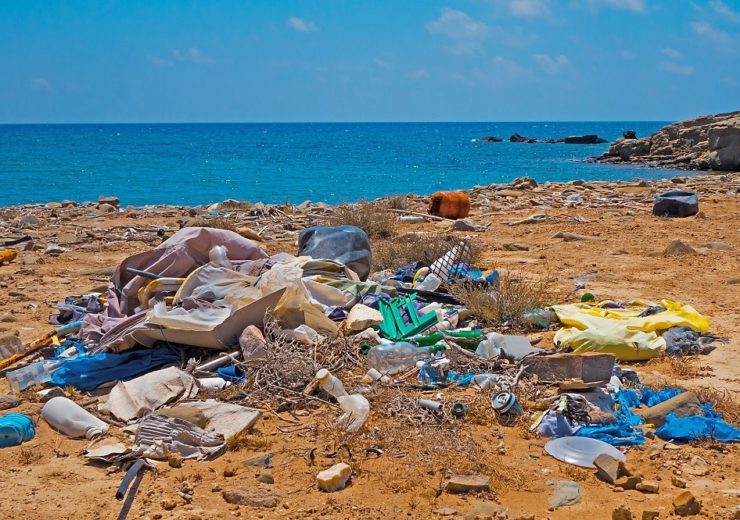A worldwide clean-up, organised by charity Break Free From Plastic, recovered more plastic from Coca-Cola than the next three hightest-polluters combined

It is the second time Break Free From Plastic has conducted a worldwide plastic clean-up (Credit: Pixabay)
Coca-Cola has been named the world’s most prolific plastic polluter by environmental pressure group Break Free From Plastic.
The drinks manufacturer topped a list including major brands such as Nestle, PespiCo and Phillip Morris.
Break Free’s claim follows 484 clean-ups organised by the charity, and conducted as part of World Cleanup Day in September.
According to the Evening Standard, Coca-Cola responded by saying it is working to address “this critical global issue”.
Break Free From Plastic global coordinator Von Hernandez said: “This report provides more evidence that corporations urgently need to do more to address the plastic pollution crisis they’ve created.
“Their continued reliance on single-use plastic packaging translates to pumping more throwaway plastic into the environment.
“Recycling is not going to solve this problem.
“Break Free From Plastic’s nearly 1,800 member organisations are calling on corporations to urgently reduce their production of single-use plastic and find innovative solutions focused on alternative delivery systems that do not create pollution.”
Nearly 20,000 pieces of plastic litter found by top three polluters
According to the report, described by Break Free as a plastic waste audit, a total of 476,423 pieces of plastic were collected.
Of more than 50 countries involved in the clean-up, the highest number of plastic pieces were found in Nigeria, with 127,762 individual items found during the event.
Plastic from Coca-Cola products were found 11,732 times in 37 countries, more than the next three global polluters combined.

Nestle was second, with 4,846 items gathered in 31 countries, followed by PespiCo’s 3,362 pieces of plastic found across 28 nations.
Non-governmental organisation group the Global Alliance for Incinerator Alternatives’ US coordinator, Denise Patel, said: “The products and packaging that brands like Coca-Cola, Nestlé, and PepsiCo are churning out is turning our recycling system into garbage.
“China has effectively banned the import of the US and other exporting countries’ ‘recycling,’ and other countries are following suit.
“Plastic is being burned in incinerators across the world, exposing communities to toxic pollution. We must continue to expose these real culprits of our plastic and recycling crisis.”
Coca-Cola, PespiCo and Nestle are all signatories of the Ellen MacArthur Foundation’s New Plastics Economy Global Commitment, a group of more than 400 businesses and governmental organisations with targets to tackle the plastic waste issue.
Alongside this, all three of the companies have set individual goals to reduce their use of plastic, including PespiCo’s commitment to make reductions in its use of virgin plastic by 35% by 2025, and Nestle’s development of an Institute of Packaging Sciences to develop sustainable packaging materials.
Speaking to the Evening Standard, a Coca-Cola spokesperson said: “At a global level, we are part of key coalitions that work together to clean-up plastic pollution.
We co-founded the World Economic Forum Global Plastic Action Partnership (GPAP), a collaboration with government and stakeholders in coastal economies to address plastic waste with specific programmes launched in Indonesia, Vietnam & Ghana to date.
“We are also part of the G7 Ocean Plastics Charter and alongside key industry partners, invested $15m in Circulate Capital, an impact-investment firm aiming to keep plastic waste out of the world’s oceans.
“In 2017, we set out our company vision for a World Without Waste. This included a goal to recover 100% of the cans and bottles we use, by 2030, so that none of our packaging ends up as waste and all of our bottles and cans are recycled and used again.”
The other companies completing the top 10 polluters are Mondelēz International, Unilever, Mars, P&G, Colgate-Palmolive, Phillip Morris, and Perfetti Van Melle.
